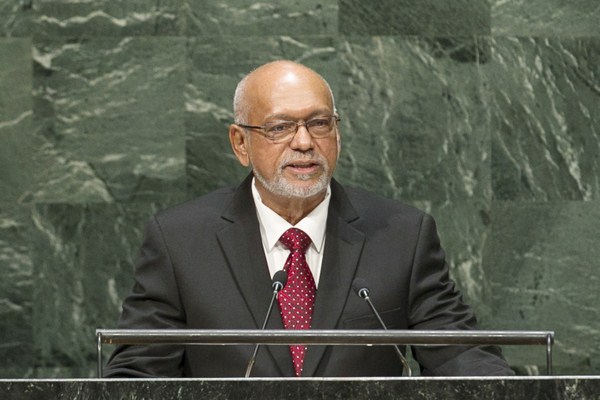Last month, Guyana was plunged into political crisis after President Donald Romator suspended parliament to avoid a no-confidence vote. In an email interview, George Danns, professor of sociology at the University of North Georgia, discussed Guyana’s domestic politics.
WPR: What is the background of the current political crisis in Guyana, and what impact is it having on the country’s economy and foreign relations?
George Danns: The 2011 elections in Guyana gave the combined opposition parties the Alliance For Change (AFC) and A Partnership for National Unity (APNU) a one-seat majority in Parliament over the governing People’s Progressive Party (PPP), which won the executive presidency. Prior to the 1980 constitution, the president was a largely ceremonial position, but that document essentially conferred ultimate power to the presidency. This cohabitation since 2011 between the executive and the opposition-run Parliament set the stage for the current political crisis and confrontation with President Donald Ramotar’s regime.

